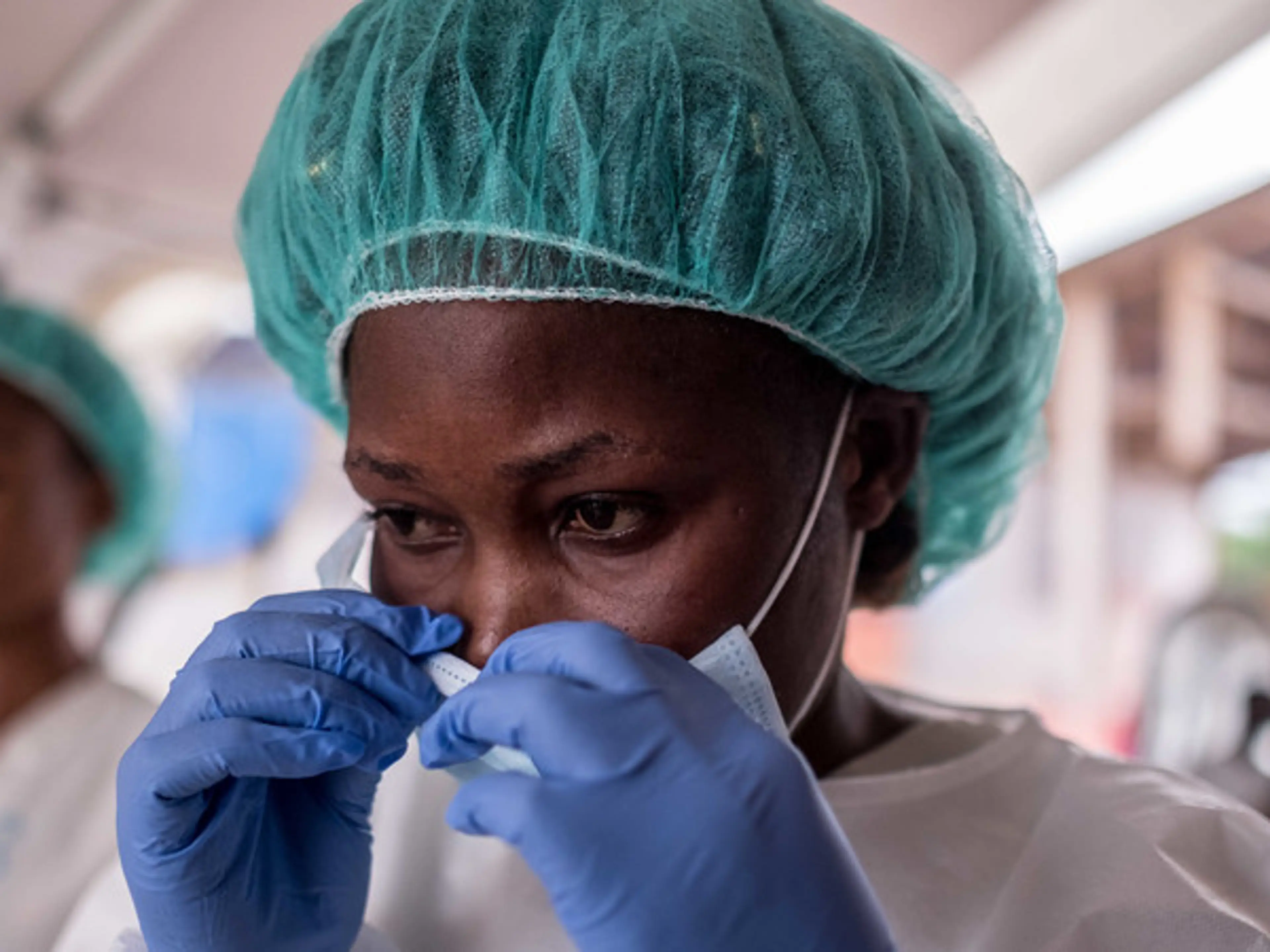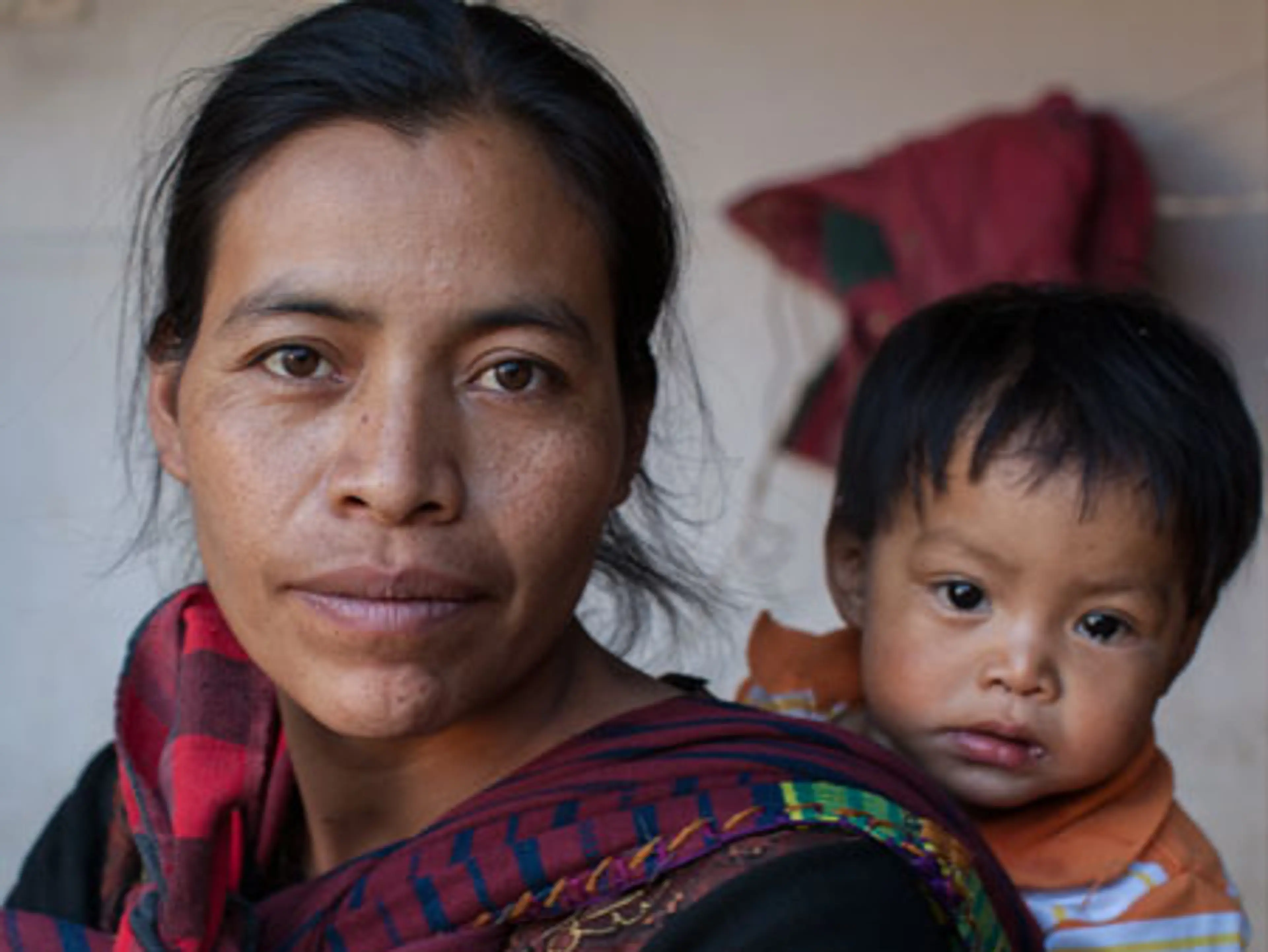World Humanitarian Day: Responding to emergencies on your behalf
Saturday 19 August marks World Humanitarian Day, an international day which honours humanitarian workers and those who have lost their lives working for humanitarian causes.

After more than a decade of devastating civil war, the Democratic Republic of the Congo (DRC) faces the threats of the Ebola virus, food shortages and now coronavirus.
The World Health Organization declared an Ebola global health emergency in July 2019 which only drew to a close in June 2020. A new outbreak was confirmed in February 2021. Coronavirus has brought another new illness to deal with alongside existing ones.
The country is also experiencing severe food shortages and the World Food Programme (WFP) has identified DRC as one of the places most at risk of a hunger pandemic. Our network of local aid experts are helping to reach the most vulnerable with essential support.
With your donations, we are:
Working with faith leaders to raise awareness about coronavirus through TV and radio - helping more families survive the pandemic.
Providing emergency food, water and housing to families who have fled fighting and are vulnerable to coronavirus.
Helping to ensure peace by funding reconciliation programmes, as well as providing practical and psychological support for victims of rape and other violence.
Supporting communities to rebuild their lives after war and Ebola. Your support means will be there to help communities heal after the coronavirus crisis as well.
Saturday 19 August marks World Humanitarian Day, an international day which honours humanitarian workers and those who have lost their lives working for humanitarian causes.
CAFOD's country director tells us about Pope Francis' visit and how you are helping the Democratic Republic of the Congo to overcome diseases, food shortages, drought and conflict.
Thousands of people fled the city of Goma in eastern Democratic Republic of the Congo as Mount Nyiragongo erupted.
As a result of violent clashes in the central Kasai region and other areas, 13 million people now urgently require humanitarian assistance; almost 800,000 children are severely malnourished. The resurgence of Ebola in Bikoro in the north-western part of the country, is the tip of the iceberg that is the humanitarian catastrophe in Democratic Republic of the Congo.

CAFOD is the official aid agency for the Catholic Church in England and Wales.
With your help, we reach out to people living in hard-to-reach places, in war zones and those who are discriminated against.